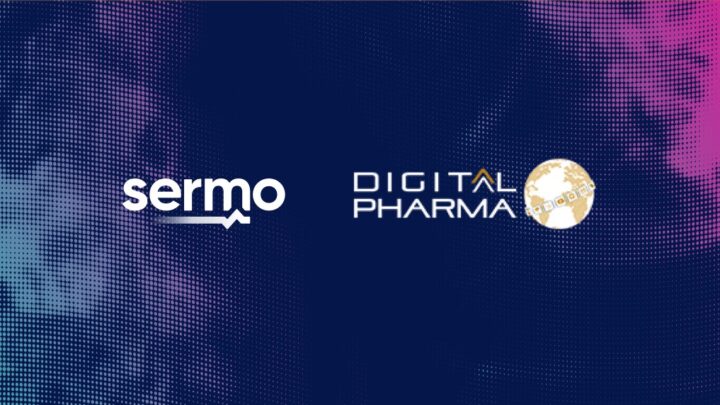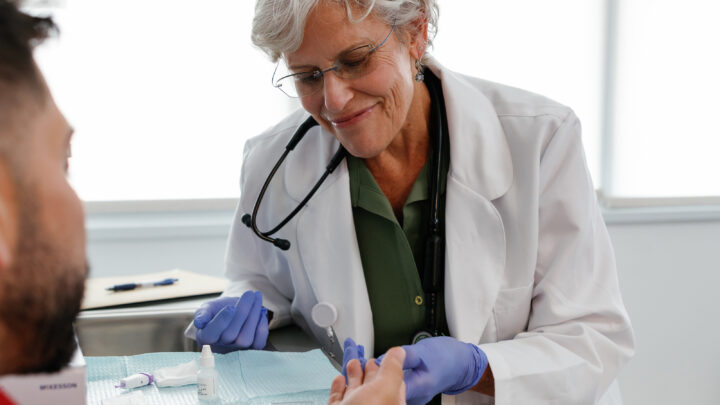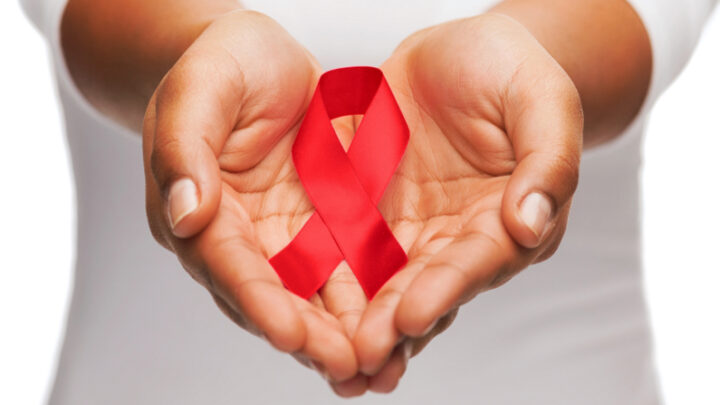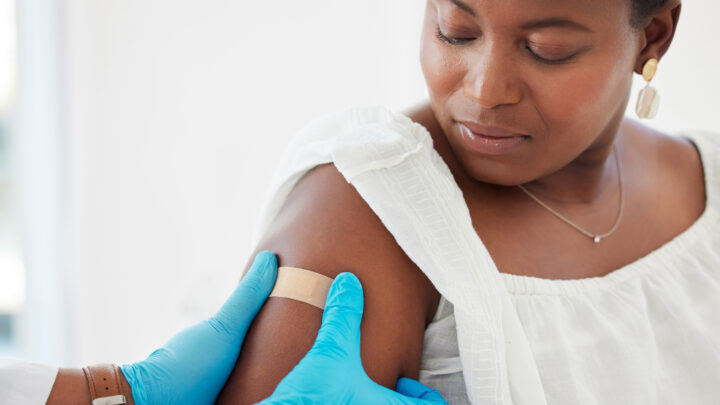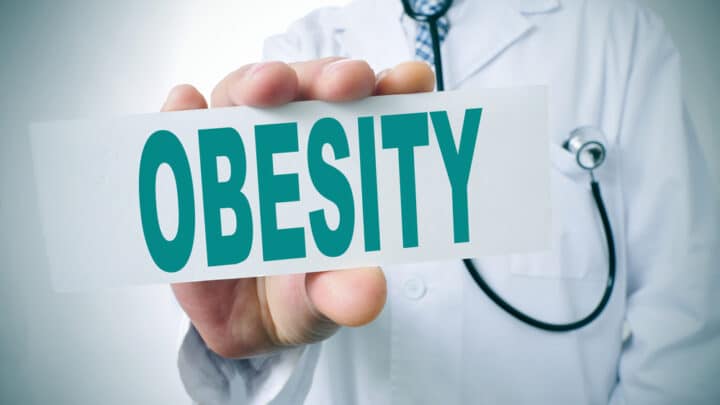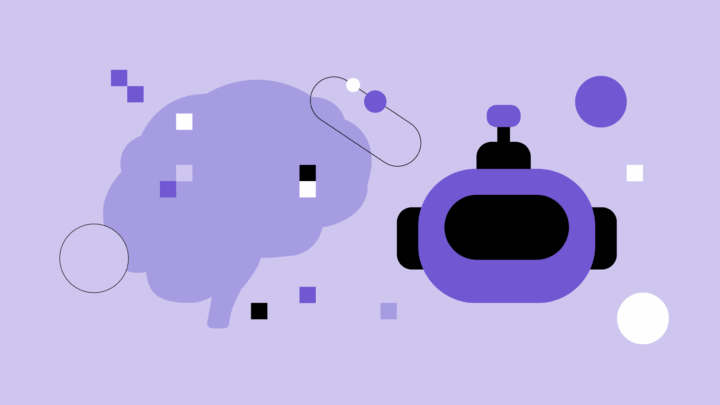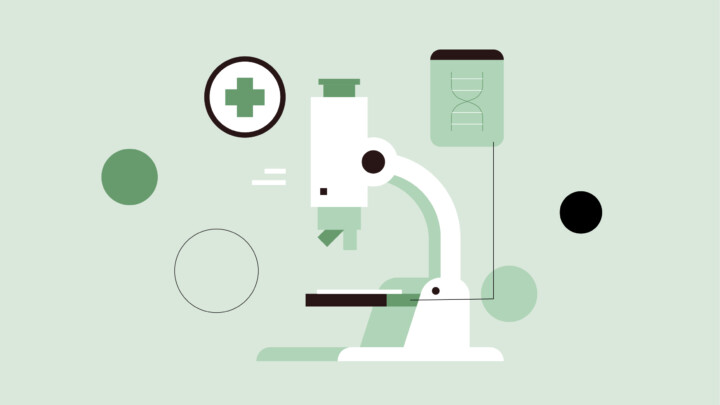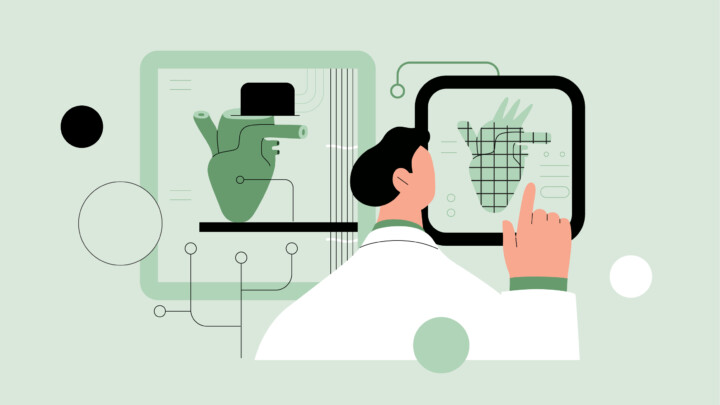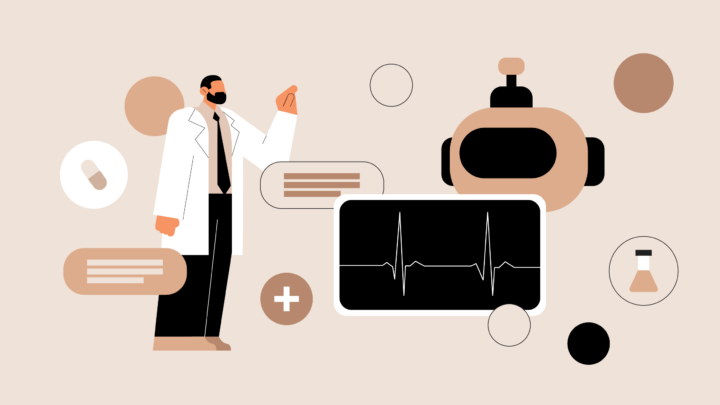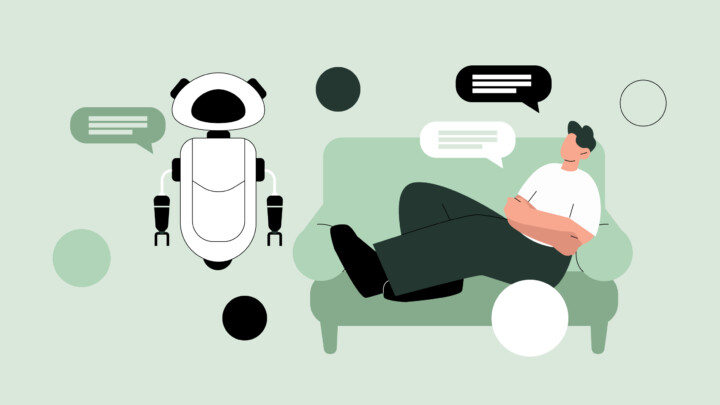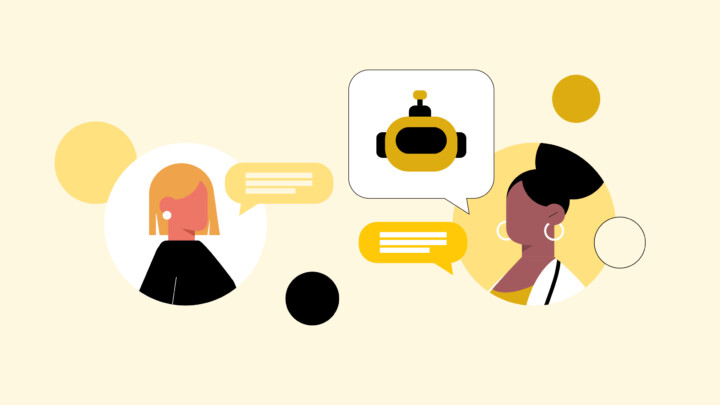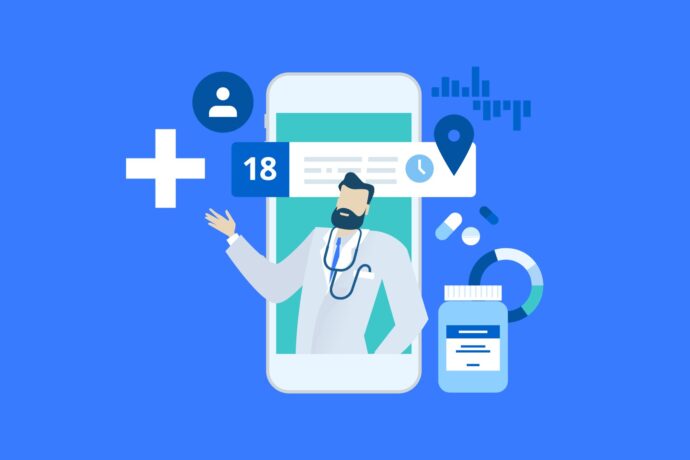
Digital solutions are a necessary part of today’s standard of care – from enabling better outcomes through interactive or behind-the-scenes technology to empowering both patients and providers with real-time data to make efficient, effective health decisions and medically crowdsourced diagnoses. Connecting with one another is a huge advantage modern technology provides. Rapidly advancing technology continues to have ripple effects across the entire healthcare industry, impacting the way care is sustained, delivered and optimized. The global digital health market is expected to exceed $234 billion in 2023, up from 2019’s estimated $147 billion. This is due to the perfect storm of healthcare applications, physician crowdsourcing, artificial intelligence, livestreaming procedures and precision medicine.
As we enter the next decade of digital health, what’s to come? How will healthcare evolve? Here are five predictions that our physicians and team at Sermo expect will shape the industry in the near future:
Healthcare Applications
In the world of smart phones and instant gratification, there has been a steady rise in the number of health applications available to consumers. 58 percent of physicians in our network say that they have discussed the use of apps or sensors to monitor health with their patients. Not only does this personal technology help patients monitor all of their daily health data in near real-time but also, in a lot of cases, it provides a closer patient-physician relationship by allowing easily shared data to help with prevention and broader health decisions.
“We are entering an era of self-empowered care where technology can enhance outcomes for patients when instilled as part of the societal norm. In fact, 89 percent of physicians in Sermo’s network see potential in the use of healthcare applications. When patients have near real-time access to their own health information, they are more empowered to take care of themselves and be more engaged in self-care decisions to ultimately lead healthier lives,” said Peter Kirk, CEO of Sermo. Consumers are literally taking health care into their own hands through the use of apps that track food intake, fitness levels, sleep cycles, stress and overall wellness. We see personalized health apps as a great thing – in the future, the more individualized the tracking means the more personalized and effective care.
Physician Crowdsourcing
The popularity of medical crowdsourcing is at an all-time high with recent pop culture discussions around it stemming from content like Diagnosis, the Netflix series. The difference here is that those are not experts weighing in on medical decisions. The key to successful medical crowdsourcing is the ability to tap into the global expertise of a global, diverse medical community to gain real-time knowledge in order to advance medicine and achieve better patient outcomes.
“Through the power of crowdsourcing, physicians are able to get a 360° view of online medical conversations and harness the collective knowledge of a global medical community to provide patients with the right diagnosis and treatment. Sermo’s core mission is to provide a safe space for doctors to talk openly among themselves and seek out advice on complex therapies. That is a powerful advantage,” said Erin Fitzgerald, SVP of Marketing. “Through medical crowdsourcing, our platform is able to help physicians improve patients’ lives every day. Many medical minds are greater than one.”
Artificial Intelligence (AI)
AI has already made a profound impact on healthcare. In a survey we conducted with Duke University School of Medicine and Harvard Medical School, 75 percent of psychiatrists on our network said that AI will help provide patient documentation in the next 25 years, such as updating medical records.
As news headlines shift from using AI as a buzzword to referencing it as a competitive differentiator for healthcare organizations, only those who successfully apply it and show its inherent purpose and value to patient care will come out on top. Today, it is being introduced as a major part of the curriculum in medical schools. As a result, new industry leaders will be equipped to pilot real-world applications of AI.
Livestreaming Procedures
Physicians have been live-tweeting medical procedures for years now, and livestreaming is the next step. Adoption will pick up as medical students want a real-life example when learning about surgery and as patients and their loved ones are requesting to know exactly what will happen behind the curtain. With new technology like Snapchat spectacles and easy-to-enable livestreaming platforms on Facebook, Instagram and Twitter (we foresee LinkedIn rolling out this capability, as well), broadcasting procedures will help take the “scary” of the unknown out of healthcare for those who request it. This will bring another round of discussions around data sharing and privacy, specifically for videos and social media.
Precision Medicine
With home-based and direct-to-consumer genetic tests coming to market, more physicians are leveraging genomic, clinical and lifestyle data to help finally bring precision medicine into clinical practice. In a recent survey of 515 U.S. physicians, 53 percent believe highly personalized nutrition based on an individual’s genetics, metabolism or microbiome will be available within 5-10 years. We can expect to see a boom of innovation in this area from technology companies, regulators and leaders in the space, all of whom contribute to the improvement of patient outcomes.
“We have seen the first layer of precision medicine unveiled but the industry still approaches healthcare in a ‘one size fits all’ approach by creating treatments and treatment plans to try and help everyone. We have seen this is not the most effective method,” added Kirk. “Understanding the individual disease biology of each patient will help to flip the process upside down by creating treatments and giving diagnoses based on this personalized knowledge rather than generalized data. Polling insights from medical professionals on platforms like Sermo can help in the development of more precise drugs and, ultimately, move the needle on precision medicine.”
We’re excited to see how technology and healthcare delivery will merge to influence the future of care.
For more physician insights and poll data, follow us on Twitter and LinkedIn.
